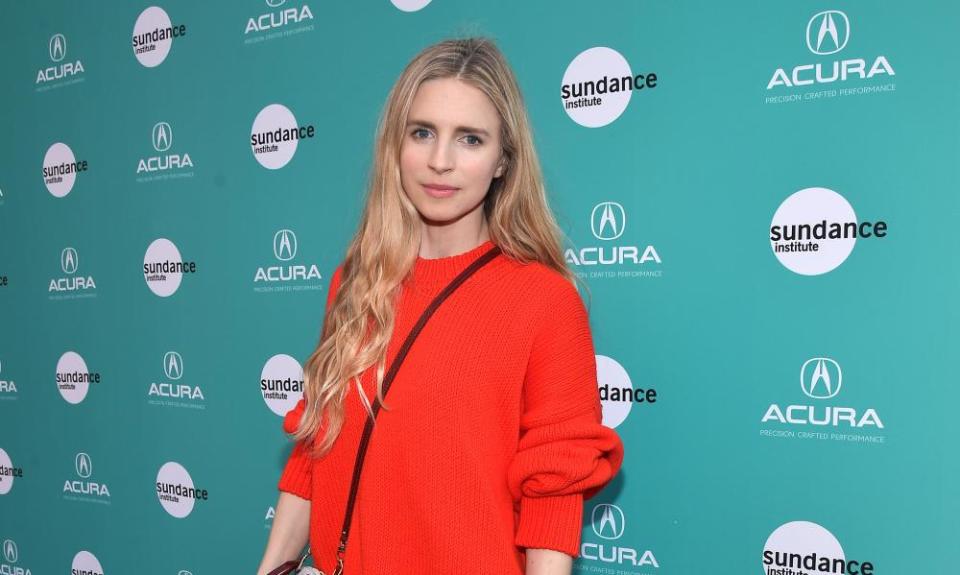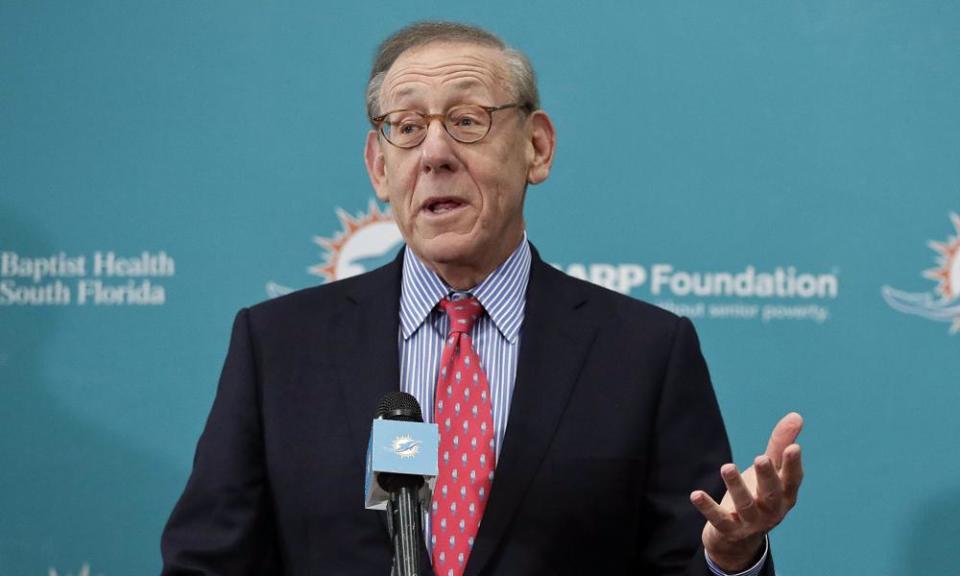Angela Merkel: you’re on hols, so less of the despotism please

One of the reasons I tend not to mind the tinny hiss of other people’s headphones on public transport is that I am a horribly nosey person. Recently, I sat next to a middle-aged man in a work suit who played that ubiquitous Lewis Capaldi got-dumped song not once, not twice, but on a loop that lasted as long as my train journey. I should have asked him if he was OK.
The same nosiness applies to what people are reading. Getting lost in a good book should never be a self-conscious act, but it is hard not to wonder what brought that particular person to The Subtle Art of Not Giving a F*ck.
Summer is great for lots of reasons: stretched-out days, busier nights, the fact that the climate emergency means you get the chance to wear every item in your wardrobe in a single week. Catastrophically unpredictable weather sure keeps you on your sartorial toes but it also brings the wave of famous people’s holiday reading recommendations, which is a bit like staring at a stranger’s book on the bus, only far less creepy.
When asked for his summer pick by NBC reporter Dylan Byers, Mark Zuckerberg chose The Last Days of Night by Graham Moore, a historical novel that tells the story of Edison’s attempts to preserve his monopoly on the United States’ electricity supply. Zuckerberg was roundly rinsed for this, as if we were all shocked that he has an interest in power, as if he was ever likely to choose Eleanor Oliphant Is Completely Fine and a sudoku compendium like the rest of us.
A rewarding sub-genre of literary voyeurism is what famous people are seen reading. Angela Merkel was spotted with Stephen Greenblatt’s Tyrant, which draws on rulers in Shakespeare’s works to explore real-life messianic despots, while she was on holiday in the Italian Alps, which suggests that someone should remind her what a holiday is.
Celebrities have long since been aware of what a book can say about them, from those famous images of James Dean reading poetry and Marilyn Monroe reading Ulysses, to Justin Bieber, shortly after his engagement, flashing Tim Keller’s The Meaning of Marriage, which offers relationship advice according to the teachings of God. Then there is Lindsay Lohan, who knows exactly how to keep the jacket facing outwards. More recently, she has been seen reading the Qur’an, but in the olden days, she’d go for something such as Toxic Friends. It is the very essence of read into that what you will.
Brit Marling: someone please give her a happy ending

Farewell to The OA, the Netflix series created by Brit Marling and Zal Batmanglij and starring Marling, which lasted two ambitious, lopsided seasons. It told a story of alternate realities to which characters could travel by working through the rejected sections of a community mime class.
“Zal and I are deeply sad not to finish this story,” Marling wrote on Instagram. “The first time I heard the news, I had a good cry.” She went on to say that working in “speculative fiction” gave her the chance to start with a world not already defined by pre-existing norms. “Science fiction wiped this ‘real’ world clean like an Etch A Sketch,” she said. It summed up the reason why so many people find solace in science fiction and fantasy. It is escapism amplified into power and agency.
I am sad to see The OA go. It was both hysterically silly and deeply earnest in a way that, in this age of archness and irony, few shows dare to be. But it didn’t quite know how to pull off an ending. Each series laid the breadcrumbs of a labyrinthine conspiracy, only to implode in the finale, as if collapsing under the weight of all that plot. As a result, season two ended on such a meta note that it seems almost a crime to not be allowed to see what happens next.
Still, if you wave your arms around in the right combination of moves and then hiss, there may be hope. There are rumours that the cancellation announcement could be a fake. However, Netflix also announced that it had brought over Game of Thrones creators David Benioff and DB Weiss from HBO, for a rumoured $200m, so let’s just assume that the financial portal has been well and truly sealed.
Stephen Ross: to work out or to walk out?

Photograph: Brynn Anderson/AP
Many of my American friends have announced that they will be giving up their gym memberships, so I was intrigued by what might have inspired this wave of rebellion against physical activity.
They posted that they would no longer be giving their money to the companies owned by billionaire Stephen Ross, Equinox and SoulCycle (someone shouts at you while you try to move but remain fixed in one place). Reports have emerged that Ross, a long-time friend of Donald Trump, would be hosting a fundraiser at his Hamptons home, which the president would attend, with tickets costing up to $250,000 each.
Public figures and celebrities such as Billy Eichner and Chrissy Teigen joined the #GrabYourWallet chorus, advocating that gym-goers renounce their memberships. As was pointed out repeatedly, when it comes to people such as Ross, money talks.
However, as a sidenote, I would question the strategic sense of conceding exercise to supporters of the far right, while, out of principle, we weedy little snowflakes are stuck at home with nothing but a Davina DVD.
• Rebecca Nicholson is an Observer columnist

 Yahoo News
Yahoo News 